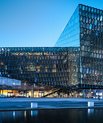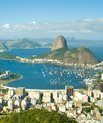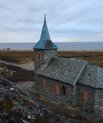Articles
This is a list of all the 'Articles' in the order they were published. Articles present the main facts on a topic clearly and accurately in around 2000 words. They may include discussion of different research trends or major points of difference within current research or opinion. Articles include a summary of the most important points contained in the article. To customise your search, use the 'category' buttons, or the search function.









